Understanding Stages of Child Development & Mindset Growth
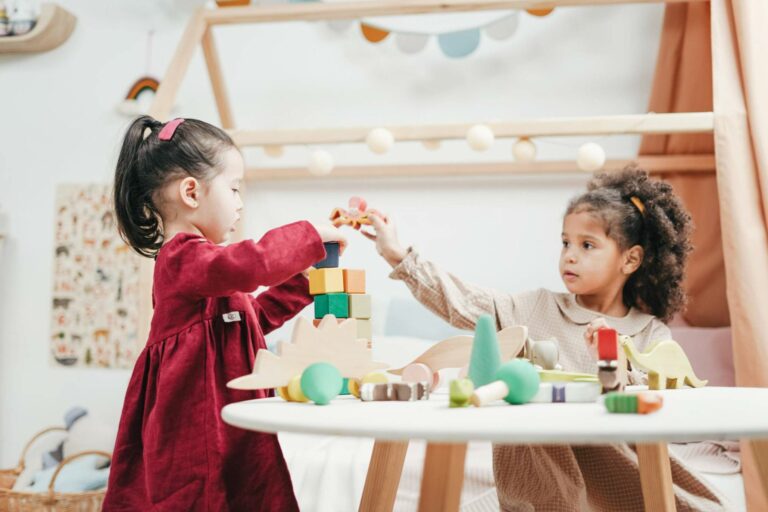
Guest Author: Melissa Mauro
A self-improvement author who wants to
create her own writer brand. Creativity and unique style make it possible to deliver valuable and engaging content to her
ideal reader.
Share:
Child development is a natural part of the human life cycle. It contains fundamental processes governed by general laws and represents a series of consistent physiological events aimed at the formation of general knowledge about the world and social values that will aid the child’s future adaptation to life in society. Each stage of this development has unique characteristics that must be considered to ensure a child’s and his mindset’s long-term growth.
Long before the baby arrives, his parents read tons of books to gain a general understanding of how to look after the newborn. Later, it turns out that theory is just theory and, in most cases, has nothing to do with practice because all babies are unique and behave differently.
Nonetheless, despite the availability of differences, all children face the need for physical and mental development. While physical changes occur on their own, mental development is the responsibility of their parents.
What Are the Stages of Child Development?
Each stage of a child’s development includes the acquisition of a new skill. As a result, parents should do everything they can to shape their child’s personality properly.
In general, there are two types of child development:
- Before birth (intrauterine, prenatal stage);
- After birth (prenatal, postnatal).
In terms of the child’s mental development during the prenatal stage, parents have no control over this process. Although many people believe that learning foreign languages and listening to classical music can help a child’s future abilities.
Seven Stages of a Child’s "After Birth Development"
When compared to the prenatal stage, the child’s development after birth spans a longer period. Here are the seven developmental stages that every child goes through before becoming an adult.
Newborn - 1st Stage of Mindset Growth
This stage lasts from the day of the baby’s birth until the 28th day of his or her life. This stage is distinguished by the intensive development of analyzers, primarily visual, the beginning of movement coordination development, the formation of conditional reflexes, and the occurrence of visual, tactile, and emotional contact with the mother.
Many children begin to respond to communication with a smile and joyful facial expressions at the age of three weeks, which can be considered the beginning of the child’s mental life and the period when the child begins to perceive parents.
Continue reading below for more stages of Child's Mindset development >>
Early Infancy - 2nd Stage of Mindset Growth
It covers the time from the 29th day up to one year. The stage is characterized by the child’s adaptation to his intrauterine existence, his intense physical, nervous-mental, motor, and intellectual development. After the fourth month, the rate of physical development starts to slow down.
The child gains motor skills as he sits, stands, and progresses from complete motor helplessness to independent walking and object manipulation. As a result of constant contact with adults, he also develops neuropsychiatrically.
At this stage, a child develops his speech and pronounces the first words (about 10 words). It is the stage at which parents begin to implement basic home education, mindset development technologies, and versatile tools to help their children develop their mental abilities.
Infancy -3rd Stage of Mindset Growth
It lasts from one year up to the time when the baby reaches three years. Walking, running, climbing, and jumping are all examples of motor abilities that are rapidly developing at this stage. During this time, parents can use various games to teach their child work skills.
The emotional sphere reaches its peak, with a very poor ability to manage both positive and negative emotions. As a result, parents should avoid overreacting to their child’s emotional outbursts. They should teach him how to perceive a specific situation without harm to health and other people.
At the infancy stage, the child’s ability to understand and remember significantly expands – from 10 words up to 30. Learning small poems can help to better remember them and develop the child’s mindset.
Continue reading below for more stages of brain development in children >>
Preschool Age -4th Stage of Mindset Growth
It starts at the age of three years and lasts till five–six years. Memory is significantly improved during this period, and gaming activities become more difficult.
It is essential to pay special attention to the development of speech (vocabulary enrichment) and attention. Children are not yet capable of long-term concentration at this stage.
Junior School Age - 5th Stage of Mindset Growth
This stage covers the period from five-six years up to 11 years. This is a watershed moment for children, as they begin to study at school. Their vocabulary keeps on growing, they learn how to write, cut objects, draw objects with clear, even boundaries, and they make a lot of mistakes but master new skills.
If you also experience difficulties with writing from time to time, go to Best Writers Online to get the required help.
This stage is also characterized by improvement of concentration skills and the development of an ability to hold the program for further action, and foresight consequences, which is critical for the training process.
Continue reading below for more stages of child development and mindset growth >>
Secondary School Age -6th Stage of Mindset Growth
It lasts from 11 to 14 years. Both the child’s body and mind are well developed at this stage, which promotes muscle strength improvement and the performance of complex coordination movements and logical operations.
This stage is characterized by nervous system changes, which frequently result in a child’s inappropriate reactions, emotional disruption, and obstinacy. As a result, help with overcoming stress and emotional difficulties is especially important for parents during this time. Cognitive abilities progress from the level of specific operations to the level of formal thinking operations.
High School Age - 7th Stage of Mindset Growth
It lasts from 15 to 18 years. The most distinguishing features of this stage of a child’s development are the richest possibilities for movement development, an increase in the mobility of nervous processes in the cerebral cortex, and increased emotionality.
By the age of 17 – 18 years, the morphological maturation of the cerebral cortex approaches that of an adult. At the same time, adolescent nervous activity is characterized by imbalance and increased emotionality. Children at this stage can conduct basic research, write papers, and solve complex mathematical operations. If you require assistance with writing a research or paper, you can always seek assistance from one of the Online Writers Rating’s professional writers.
During this stage of development, the child is full of energy, emotional experiences, and the desire to participate in everything. This is also the most difficult stage of psychological development because it involves the formation of will, consciousness, and morality. Furthermore, he exhibits extreme judgments and actions, as well as conflict and a desire for self-approval in society.
Each stage is an essential component of everyone’s growth cycle. Through personality transformation, each person gains knowledge of themselves and their potential. As a result, parents must comprehend all of their children’s manifestations to provide them with the opportunity to learn, acquire knowledge, and discover his or her path in life.

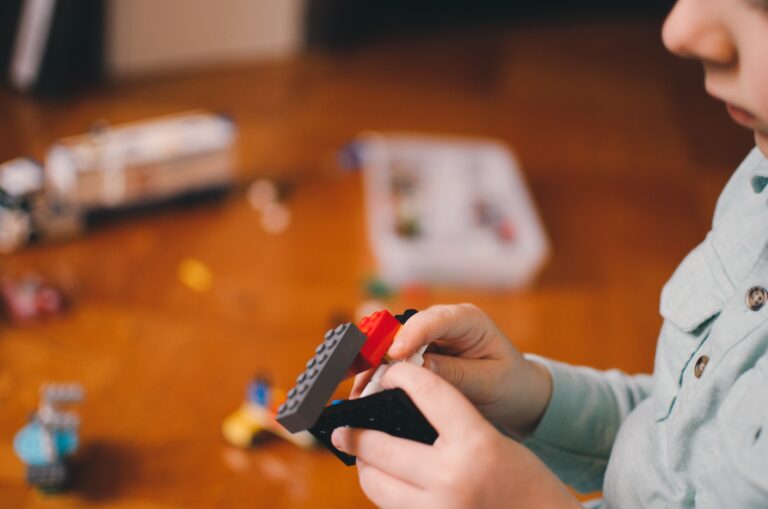
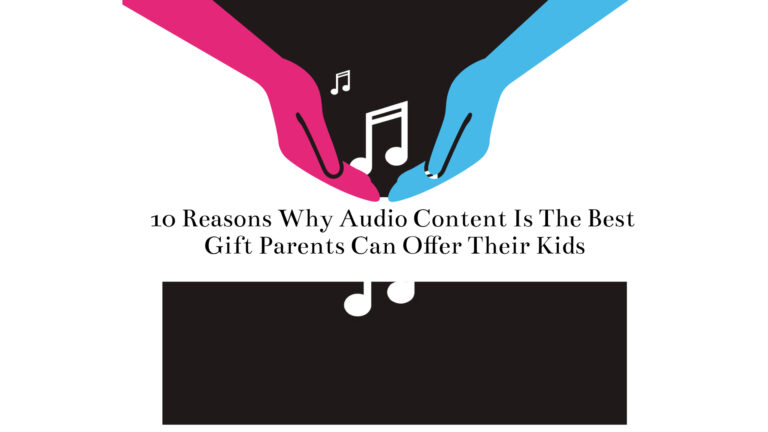
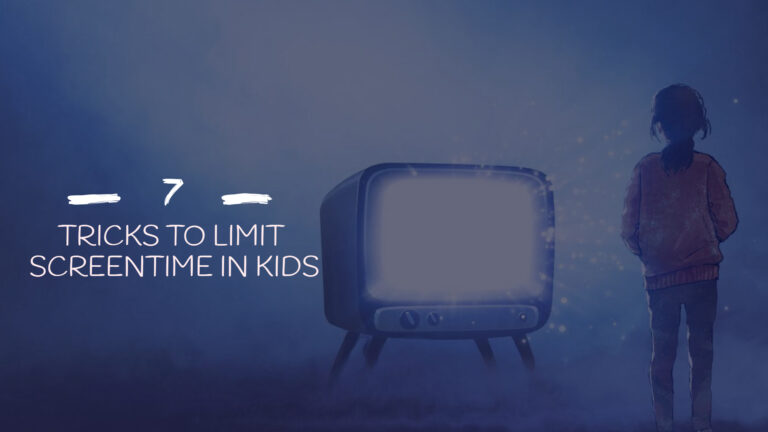


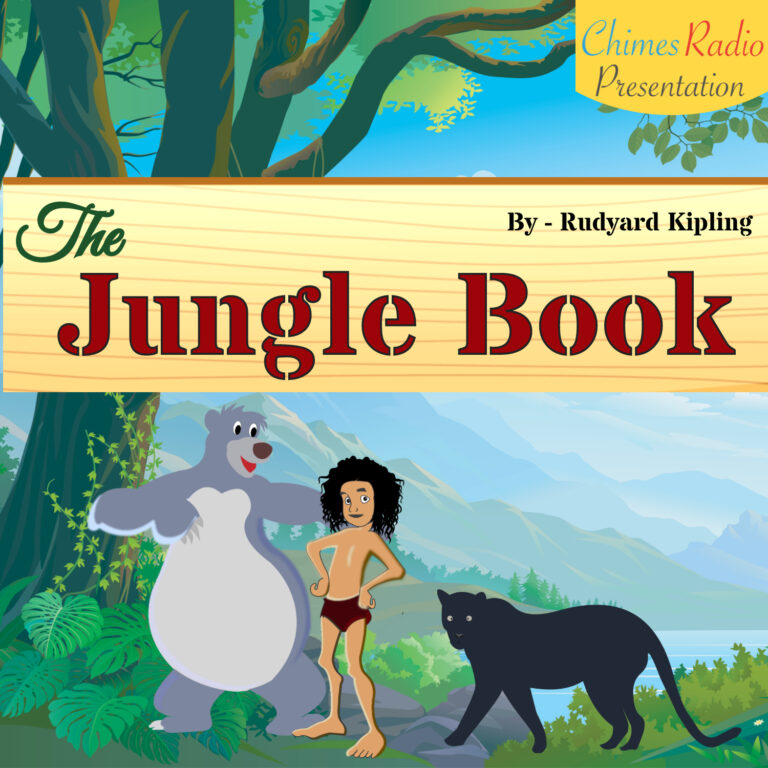


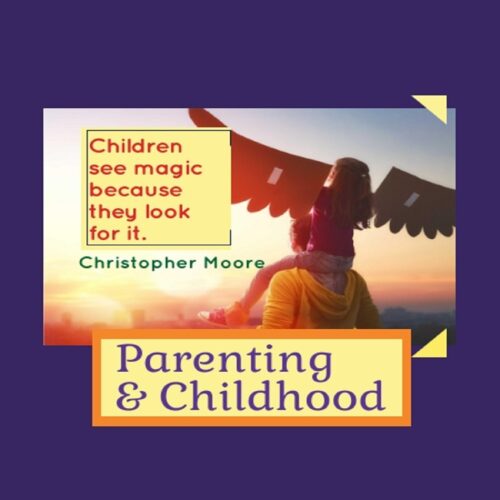


Very insightful. Send me articles.
That is great!